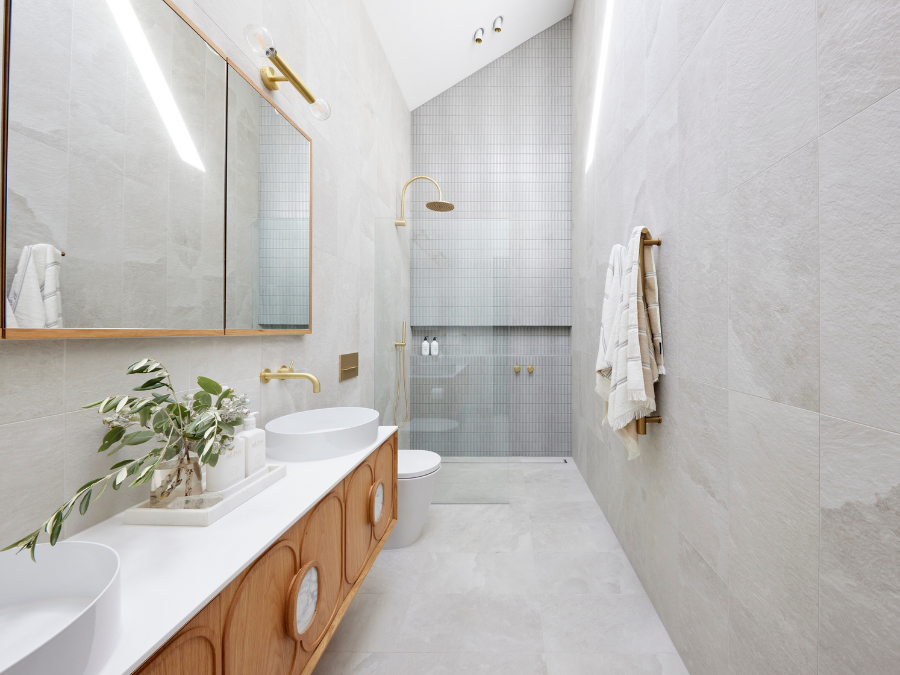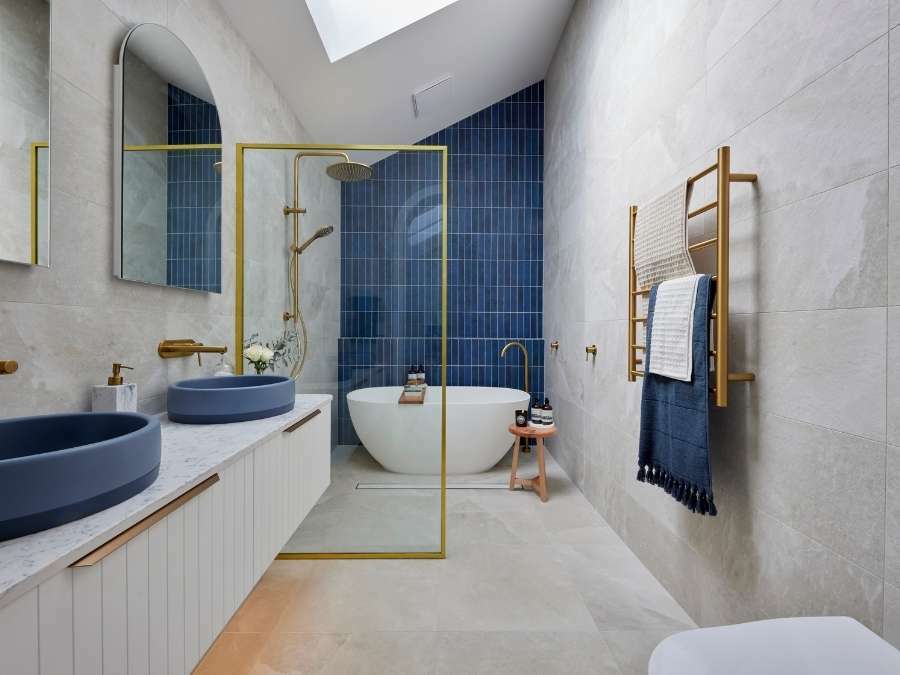Hot Water On The Block: Understanding Your Hot Water System And When It Needs An Upgrade
A busy home, like the properties on The Block, is beautifully designed with every need catered for.
But it’s more than just beautiful design that makes them so liveable; behind the scenes, there is powerful machinery – Thermann hot water units – that make sure each shower and after-dinner clean-up works as it should.
You don’t need to be a Hampton resident to benefit from a good engine to fuel your home’s hot water needs. Follow these easy tips to find out how effective your current system is and what you should consider when it comes time to update it.
Why should you worry about hot water?
Ensuring the right hot water system is installed for your property is imperative for the comfort and convenience of all users.
If you’re renovating your home or building a new property, how your hot water system is set up will affect the time it takes for hot water to reach you or the amount of hot water available for the use required.
Having access to immediate hot water in different parts of the home will need a system or systems that can accommodate it – so ensure you communicate the use required for all users in the home to your licenced plumber to be sure supply will meet demand.
How do you know if you need an upgrade?
If you find yourself renovating an older property, start by investigating the current hot water system to ensure it’s working properly and safely.
While many factors contribute to the longevity of different types of hot water units – such as water quality and environmental factors - the typical lifespan of a hot water system is generally around 7 to 10 years. The good news is; with advancements in technology in the hot water space, some units are now expected to last even longer.
You may start to get an inkling that your hot water unit needs a replacement with temperature fluctuations – or the obvious complete loss of hot water. There can be many causes of loss of hot water though, and this is where a licenced plumber will come in handy to identify the issue.
We recommend if replacing a unit, to consider renewable energy solutions such as heat pumps and solar. These solutions are becoming more affordable and can attract generous subsidies from both federal and state governments.
Where to look for information on my hot water unit?
The date of manufacture, model and serial number can be found on an identifying sticker on the system itself.
Check warranties for peace of mind
When it comes to the warranty period for a hot water unit, the warrantied timeframe begins on the date of installation – not from the date of manufacture. If you have or can obtain a certificate of compliance, this can be used to determine your unit’s warranty, otherwise, the invoice date of the purchase of the unit will determine its warranty period.
If you’re replacing your unit, be sure to take note of the new unit’s warranty as well. Units like continuous flow gas hot water systems only turn on when water is in use, so they’re much more durable than some other units. Even more, with up to a 12-year warranty on the heat exchanger and a 3-year warranty on parts and labour on these innovative machines – ensuring the fault isn’t an installation error – they’re a secure solution for hot water in the home.
It’s important to note that a manufacturer’s warranty will only cover a product fault, so choosing a licenced plumber to install the unit properly is integral, as the unit will fall out of warranty if the issue is caused by faulty installation.
Chat to your plumber
Whether it’s a renovation or a new build, talk to your licenced plumber at the start of your project to help you scope out what your household will need. There’s nothing worse than investing in a system that can’t cope with your demand, or a unit that’s warranty is void due to not being installed by a licenced plumber.
If you’re looking for further information on the different technologies available, visit the Thermann website for how each innovative unit can work for you.

